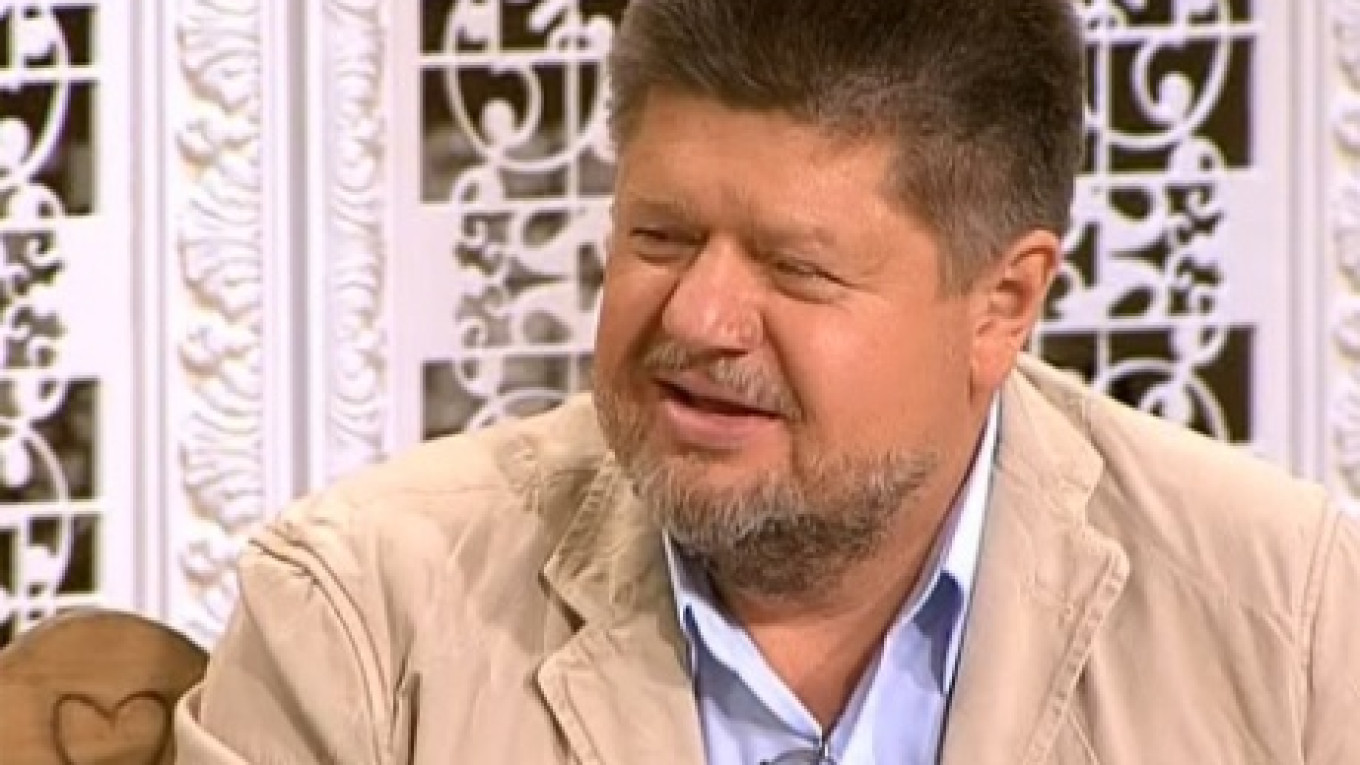The country's chief drug doctor said Monday that he links the explosion in demand for recreational drugs with the appearance of cult rock band The Beatles.
"After The Beatles traveled to expand their consciousness in Indian ashrams [Hindu religious retreats], they brought the idea of changing one's psychic state to the people," Yevgeny Bryun told a news conference.
"When business then understood that it was possible to make money off this — pleasure, goods associated with pleasure — that was when it [the growth in demand for drugs] started," he said, Interfax reported.
The health official added that contemporary culture and advertising, which promote pleasure-seeking without considering the consequences, were a major threat to society.
For this reason, he backed testing adolescents for drugs to discourage drug taking.
"Either we stop them [adolescents] from taking drugs at an early age, or prison awaits them. Or the pathologist," he said.
Bryun also told journalists that "limiting people's demand for pleasure" was a wider aspect of health authorities' struggle to limit drug use.
A Message from The Moscow Times:
Dear readers,
We are facing unprecedented challenges. Russia's Prosecutor General's Office has designated The Moscow Times as an "undesirable" organization, criminalizing our work and putting our staff at risk of prosecution. This follows our earlier unjust labeling as a "foreign agent."
These actions are direct attempts to silence independent journalism in Russia. The authorities claim our work "discredits the decisions of the Russian leadership." We see things differently: we strive to provide accurate, unbiased reporting on Russia.
We, the journalists of The Moscow Times, refuse to be silenced. But to continue our work, we need your help.
Your support, no matter how small, makes a world of difference. If you can, please support us monthly starting from just $2. It's quick to set up, and every contribution makes a significant impact.
By supporting The Moscow Times, you're defending open, independent journalism in the face of repression. Thank you for standing with us.
Remind me later.


